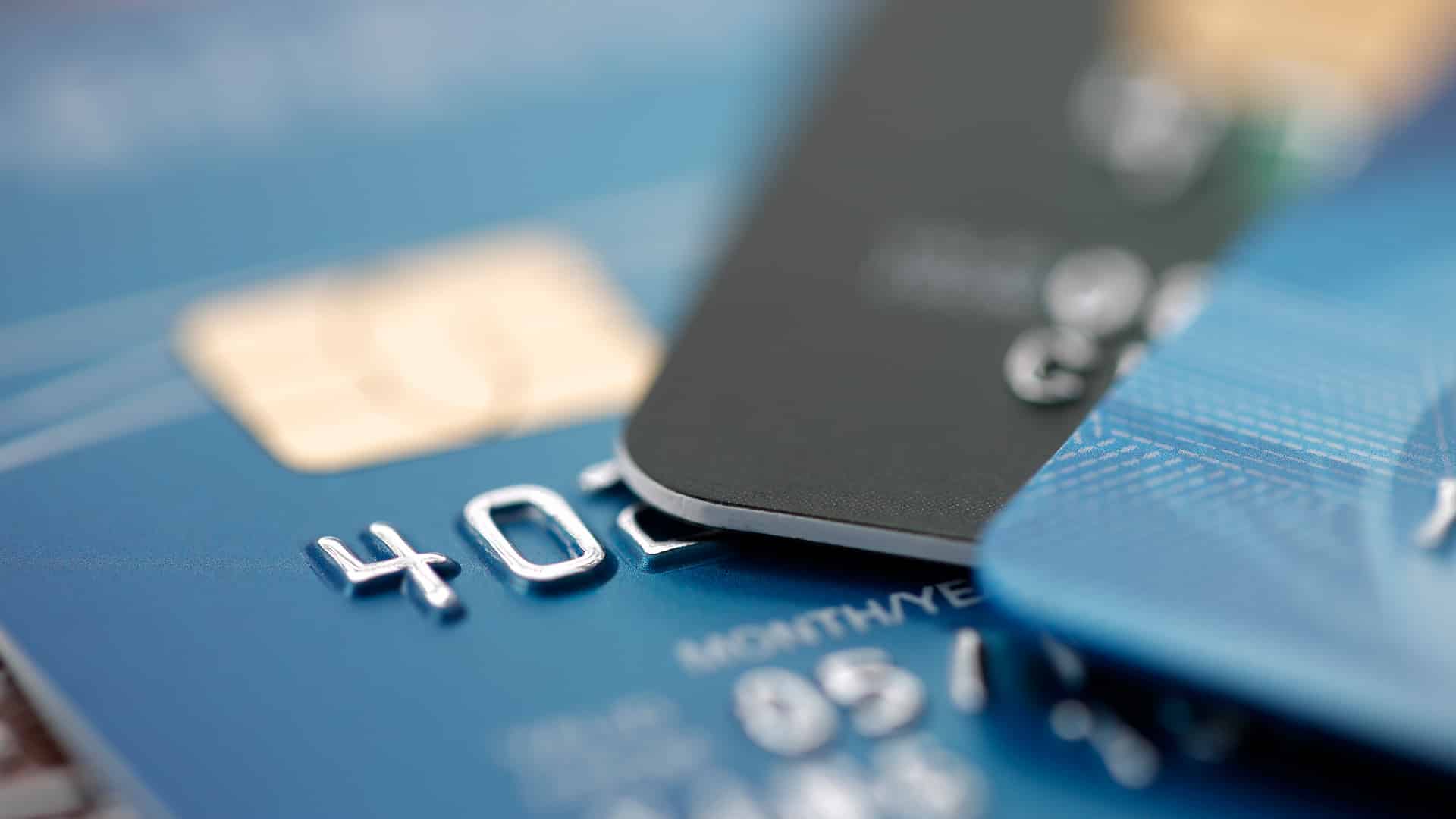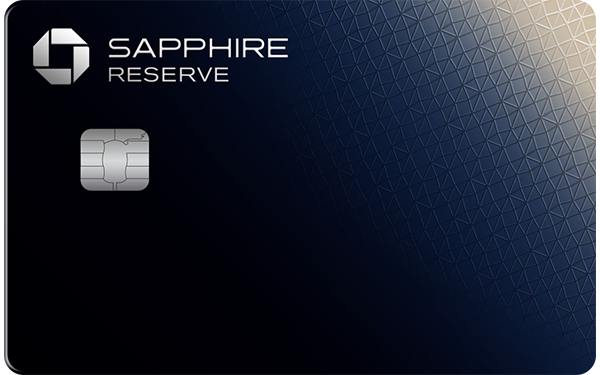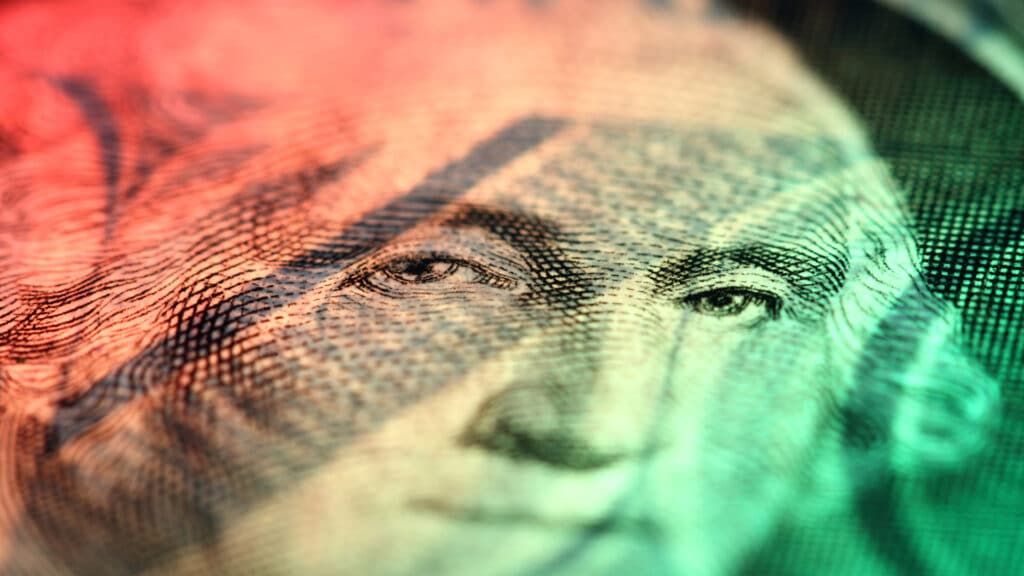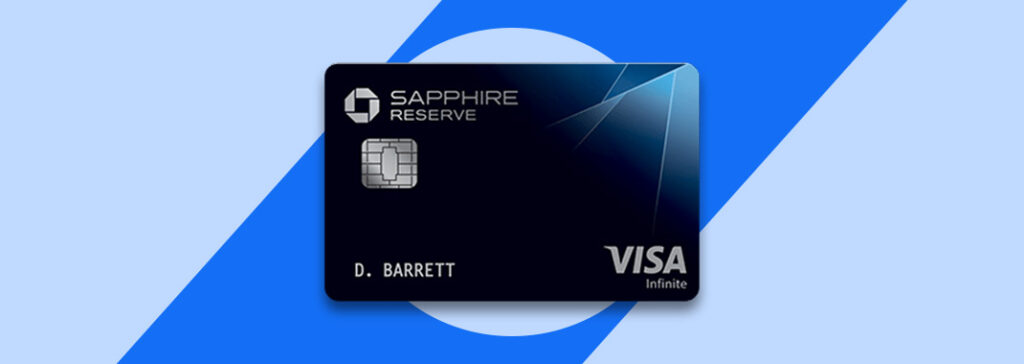Most products on this page are from partners who may compensate us. This may influence which products we write about and where and how they appear on the page. However, opinions expressed here are the author's alone, not those of any bank, credit card issuer, airline or hotel chain. This page may include information about American Express products currently unavailable on Slickdeals. American Express is not a partner of Slickdeals.
As an expert in credit cards and consumer credit, I have to know everything that I can about how to earn rewards for your spending. And as a freelance writer since 2008 — whenever tax season comes around, I need to pay my income taxes directly to the IRS and my state's Department of Revenue.
Also, I don't have an employer to withhold either my state or federal taxes.
While most people will pay their taxes by mailing in a check with their tax forms to Uncle Sam, there are some times that it has made sense for me to pay both my personal and business taxes with a credit card. In fact, doing so is one of the ways that I can take free trips with my credit card rewards.
Paying Taxes With a Credit Card: The Basics
If we could simply have the IRS charge our federal income taxes to a credit card, with no additional fees, then it would be a no-brainer. We would earn the points, miles or cash back that our favorite rewards card offers, at no additional cost. Sadly, that's not the case.
Instead, the IRS authorizes several different companies to accept credit and debit card payments on its behalf, along with a "convenience fee" to cover the costs that merchants incur when they accept credit cards.
- PayUSAtax charges a 1.85% fee
- Pay1040 charges a 1.87% fee
- Official Payments charges a 1.98% fee
- ACI Payments, Inc
These companies also accept debit cards for flat fees ranging from $2.20 to $3.95 per payment. For more information, see the IRS page on how to pay your taxes by debit or credit card.
Also note that some states allow credit card payments for individual income tax returns, but others don't. To make it more confusing, some accept payments directly, and some work with the payment processors used by the IRS.
Additionally, if you want to pay your property taxes with your credit card, it will depend on the policies of the city or county the assesses them.
Advantages of Paying Taxes With a Credit Card
Despite the fees imposed, there are several good reasons why you may want to pay your taxes with a credit card. However, your mileage will vary depending on your individual financial situation.
1. Earn rewards on your rewards credit card
The most common reason people choose to pay taxes with their credit card is to earn rewards, but you have to be sure that what you receive is worth more than the processing fee.
For example, you could make a $10,000 tax payment using the least expensive payment processor, Pay1040, and incur a fee of $187. If your credit card offered you 2% cash back, then you would come out $13 ahead. It's not a killing, but it's better than nothing.
It may be more lucrative to earn points and miles with either a travel card or airline credit card that are potentially worth much more than 2% (depending on your card type and card issuer).
For example, if you used a Chase Freedom Unlimited® or Ink Business Unlimited®, you would earn 1.5x points per dollar spent, or 15,000 points for your $10,000 payment.
If you also had a card like the Chase Sapphire Reserve®, then you'd be able to transfer these rewards to airline miles or hotel points. Then, 15,000 United Airlines miles could be redeemed for a one-way domestic ticket, potentially worth several hundred dollars.
Or, you could transfer your rewards to the World of Hyatt program, and book a free night in a Category 4 hotel, which could also be worth several hundred dollars.
Chase Sapphire Reserve® Card
- Our Rating 4.5/5 How our ratings work
- APR20.24% - 28.74% (Variable)
- Annual Fee$795
-
Sign-Up Bonus
125,000Chase Ultimate Rewards Points
Earn 125,000 bonus points after you spend $6,000 on purchases in the first 3 months from account opening. Dollar Equivalent: $2,750 (125,000 Chase Ultimate Rewards Points * 0.022 base)
This card features an annual credit for travel purchases, which can offset the annual fee, plus bonus points when you sign up. You'll also get free access to tons of Priority Pass lounges and restaurant options around the world, along with access to the Chase Sapphire Lounge network.
Overview
If you’re looking to elevate your travel experience, look no further than the Chase Sapphire Reserve. When you first get approved, you’ll earn a generous sign-up bonus that can be used for travel-related spending booked through Chase Travel℠. Transfer the points to one of Chase’s airline or hotel partners and they’re potentially worth even more.
Pros
- An array of premium travel perks including access to Priority Pass lounges
- Easy-to-use $300 travel credit that helps offset card's annual fee
- Generous rewards rates for spending
Cons
- High annual fee may be a deterrent for some
- Perks are starting to get stale relative to newer competition
2. Meet the Minimum Spending Requirement for Bonus Rewards or Extra Rewards
Earning a great credit card sign-up bonus typically requires you to meet a minimum spending requirement within a specified time frame.
For example, you may have to spend $5,000 within three months of account opening to earn points and miles with credit card welcome bonuses. If you're able to comfortably do so, then it may be worth paying your taxes with a credit card to earn a sign-up bonus that's worth far more than the processing fees you'll pay.
3. Enjoy Some Free Interest
Most credit card users know that they can avoid interest by paying their statement balance in full, and the savviest ones realize that they can receive up to 55 days of interest-free financing by making a payment at the beginning of their statement period. That gives you approximately 30 days of their statement period, plus 21 or 25 days of grace period before making the payment in full to avoid credit card interest charges.
Even if you're not taking full advantage of interest-free financing, it's always beneficial to pay your credit card balance in full each billing cycle. Credit card interest rates are notoriously high, and you'll pay a premium when using your card as a short-term loan rather than a form of payment.
Plus, keeping your credit utilization ratio low will help you build and maintain a good credit score.
4. Convenience
Even if you break even on rewards, it can still be easier to make electronic payments with your credit card online than it is to write a check and stick it in the mail — this is doubly true when you elect to pay your taxes with an installment plan.
You'll also be assured that your online payments are received when you instantly get a receipt.
But if convenience is your only goal, then you can use a debit card to pay your taxes, and incur a flat fee of just a few dollars.
Bottom line: When you have a large tax bill, it's always tempting to just charge it, but you should first calculate if it makes sense. By understanding the advantages and drawbacks of paying your taxes with a credit card, you can make the right decision for your needs.
Drawbacks of Paying Taxes With a Credit Card
Paying your taxes with a credit card may not always make sense, but it depends on your financial situation. Here are the main reasons to not use a credit card to pay your income taxes.
1. Paying Interest
It's a terrible idea to finance your tax bill with your credit card. The average credit card has an interest rate of approximately 15% APR, and many are higher.
Let's say you have a card with a credit limit of $5,000 that charges 15% APR. If you maxed out the credit limit and made minimum monthly credit card payments, it would take you three years and cost over $1,200 in interest before you repaid the loan.
Yet the IRS will offer you a payment plan with a much lower interest rate.
If you're having trouble paying your taxes due to financial hardship, do your best to avoid high-interest credit card debt. Instead, speak with your accountant or tax advisor about alternatives.
2. Paying Fees That Cost More Than the Rewards Are Worth
Many people value their reward points and miles as higher than what they receive through travel redemptions. For example, you might redeem your airline miles for a ticket that would have cost $500, but that might not be its true value.
If you had to fly at an inconvenient date or time or take a longer route, then you aren't getting the full value. And if a discount carrier offers a competing flight for less money, then you could also be overestimating the value of your award seat. Unless you would have paid cash for the exact same reservation, then your award is probably not worth its stated value to you.
Using Balance Transfer Credit Cards to Pay Your Taxes
Big expenses like tax bills can be softened by using a balance transfer credit card. If you’re paying off a bill with a high interest rate, signing up for a new card that offers balance transfer benefits could save you hundreds of dollars in interest payments.
Many credit card issuers offer products with 0% APR for a certain introductory time period. So all you have to do is pay off the balance within that time frame to avoid hefty hight-interest credit card debts.
The top-rated balance transfer credit cards even offer sign-up bonuses that can potentially offset your unexpected expense as long as you pay the balance off during the first three months of account opening.
Frequently Asked Questions (FAQs)
-
The IRS has granted permission to several payment platforms to process credit and debit card payments on its behalf. You can select any of these services directly through the IRS website. Keep in mind you'll pay a convenience fee to pay your federal income taxes with a credit card.
-
You may be able to pay your property taxes with a credit card, but it depends on whether or not your local county or state assessors office offers online payments. Check the payment policies of your local Treasurer's office.
-
Yes, you can pay business taxes with a credit card — at least your federal income taxes. The IRS has authorized several companies to accept credit card payments, but you will pay card processing fees. If you owe state income taxes for your business, the ability to pay with a credit card depends on the payment policies of your individual state's Department of Revenue.
-
You can pay your taxes online through the IRS website and your state's Department of Revenue website. Additionally, if you use an online tax preparation service, you can pay online directly through its platform. Keep in mind that you may pay a card fee when you use either a debit card or credit card to pay your taxes online.











